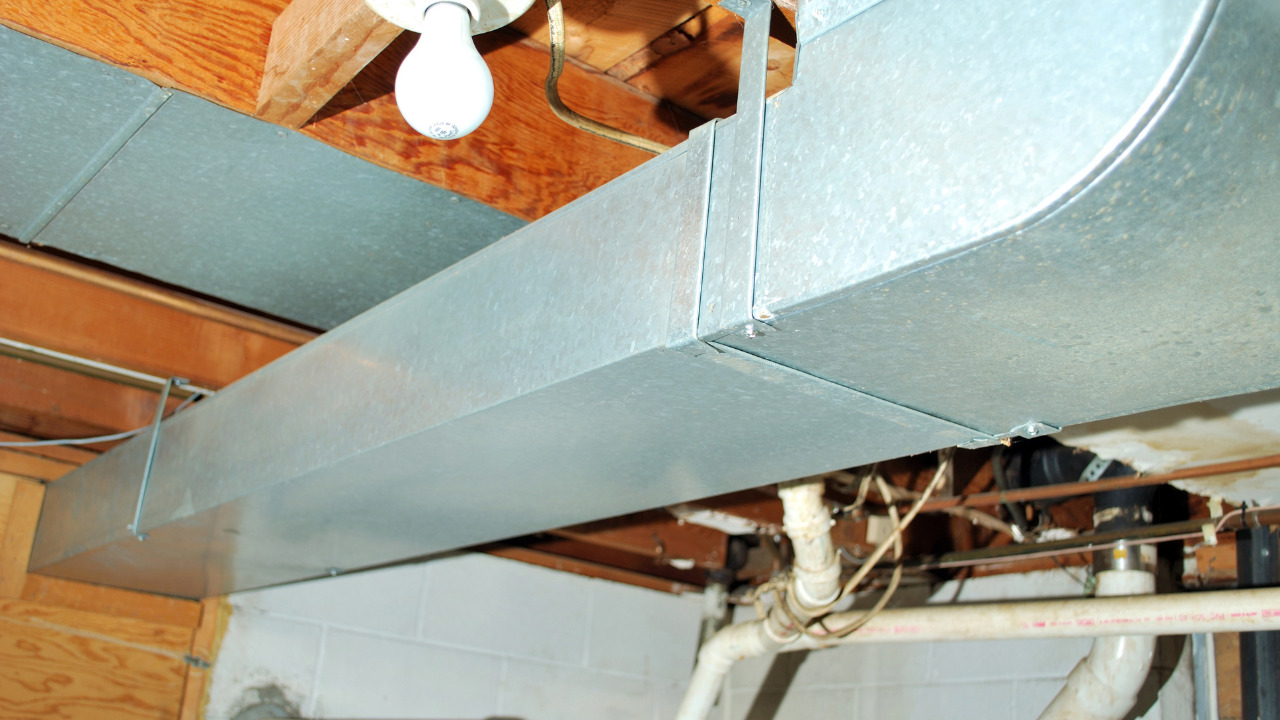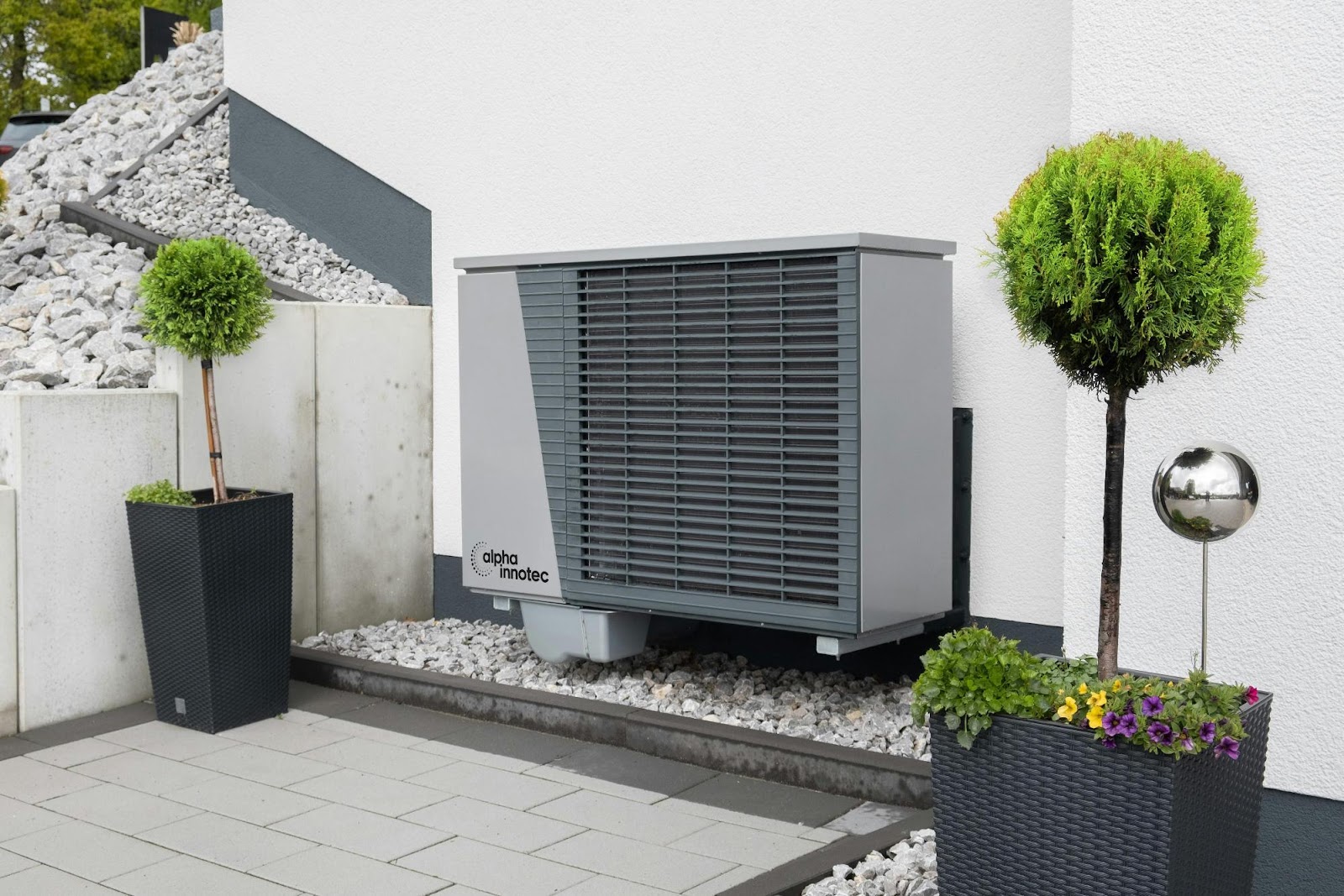Rats and other rodents enjoy living in ductwork, where they may get in by gnawing a hole or looking for an open entrance. They establish a base of operations and use this distribution network as their private thoroughfare to get around the house.
It might result in significant structural damage if a homeowner overlooks the problem. As a result, the HVAC system will not operate at its best since conditioned air is lost through the attic. Yes. Rats can fit through openings no bigger than a quarter, so it’s not surprising that rats can enter ductwork.
The underlying question is why they could be drawn to your air ducts in the first place. Your air ducts are typically the last location you’d consider rodents making their home. Sadly, rodents may reproduce and build nests in just about any place in the house, and your ducting might be the ideal location for one.
Table of Contents
Do You Need To Worry About Rats Into HVAC Ducts?
Rodents can pose a serious health risk in your house and can also use air ducts to gain access to the HVAC system’s cables. Rats and mice may have urinated within your ducting if they use it as a home or a fast route through the house.
Anything in your HVAC system blows into your house through the vents. If your family inhales the foul smell of urine and mouse droppings brought in by your HVAC, it can cause serious health issues. If you have rodents in your air duct system, it’s probably because they were drawn to it by the urge to build a nest. Rodents reproduce at an incredibly high rate.
Rodent waste, including urine and feces, can move into the air you breathe inside your home even when population factors are not an issue. It is well known that bacteria are present in rodent droppings.
The health of everyone living there and yours is at risk if you breathe in these particles.
How To Deal With Rats Into Your HVAC Ducts?
Inspect The Area For The Problem
Homeowners might only become aware of the presence of a mouse or rat family once it is too late. This location is ideal for rodent habitation because they like to build their nests out of insulating materials. These unauthorized visitors can be identified by holes in the ducting or walls and insulation from the heat registers.
Residents must be aware of any noise or movement from the walls, ducts, or attic. The presence of a dead rodent is frequently indicated by an extremely foul smell emanating from the vents.
Actively addressing the issue can help avoid ducting damage, which lowers home comfort and raises energy costs.
Repair Broken Ducts
After the rodents have left, it is time to clean up the messes they left behind. They have probably chewed through some of the ducting. Since they will create some problems, have them fixed or replaced immediately.
Your HVAC system won’t work as efficiently because the air will pass through the cracks and holes.
Maximize The Energy Use
For fear of squandering electricity by allowing conditioned air to escape, owners of homes with rats may be reluctant to turn on their systems. Homeowners should start by identifying the ductwork entry locations and sealing them using duct tape to save energy and eliminate the annoyance.
You should get in touch with a pro if there is significant damage.
Use Snap Traps
Talcum powder is sprinkled close to potential entry locations to find rat footprints and determine where to place traps. Homeowners can capture inconvenient bugs by employing snap traps and bits of aromatic foods like cheese or bacon.
Make sure the heating and cooling system is off before deploying the traps. Reheat or re-cool the house, take the registers out, set the traps, then replace the registers. Check the traps in the morning using a flashlight. Using plastic bags and gloves, dispose of any rodents.
When all the rodents have been eliminated, repeat this procedure.
Protect Your HVAC Ducts
Each room in the house receives fresh air from the furnace and air conditioner. But if rats are nesting inside your ducting, they can’t do that. Therefore, be sure to prevent infestation of certain system components.
Food should be kept in a refrigerator or metal containers to lessen the possibility of the issue recurring. In their new home, the ductwork rodents like to collect food and store it there. To keep the conditioned air inside the ductwork’s walls as well as to keep rats out, access spots in the ductwork must also be corrected.
Hire Professionals For Ducts Cleaning And Maintenance
Your air ducts will still contain rat debris even after the rodents have disappeared. Therefore, you must get your air ducts cleaned. While you can attempt this project independently, hiring a cleaning service will ensure that the remnants are gone for good.
Different techniques are available to professional duct cleaners. You can be sure that you’ll receive a quality cleaning, though, because industry organizations have set criteria that they must adhere to. To remove debris, experts employ equipment.
The debris is subsequently removed using a strong vacuum. To remove any lingering pollutants the rodents left behind; they might also use chemical biocides.
Conclusion
Because of the numerous methods by which they can spread disease, rats are seen as detrimental to you and your family. Some of these methods were already covered above via urine and feces.
Additionally, parasites like ticks can spread sickness. Call a specialist as soon as you suspect rats have entered your home to arrange for an inspection. To keep you and your family healthy and safe, it’s important to investigate whether rats are present in your air ducts or any other area of your home.





